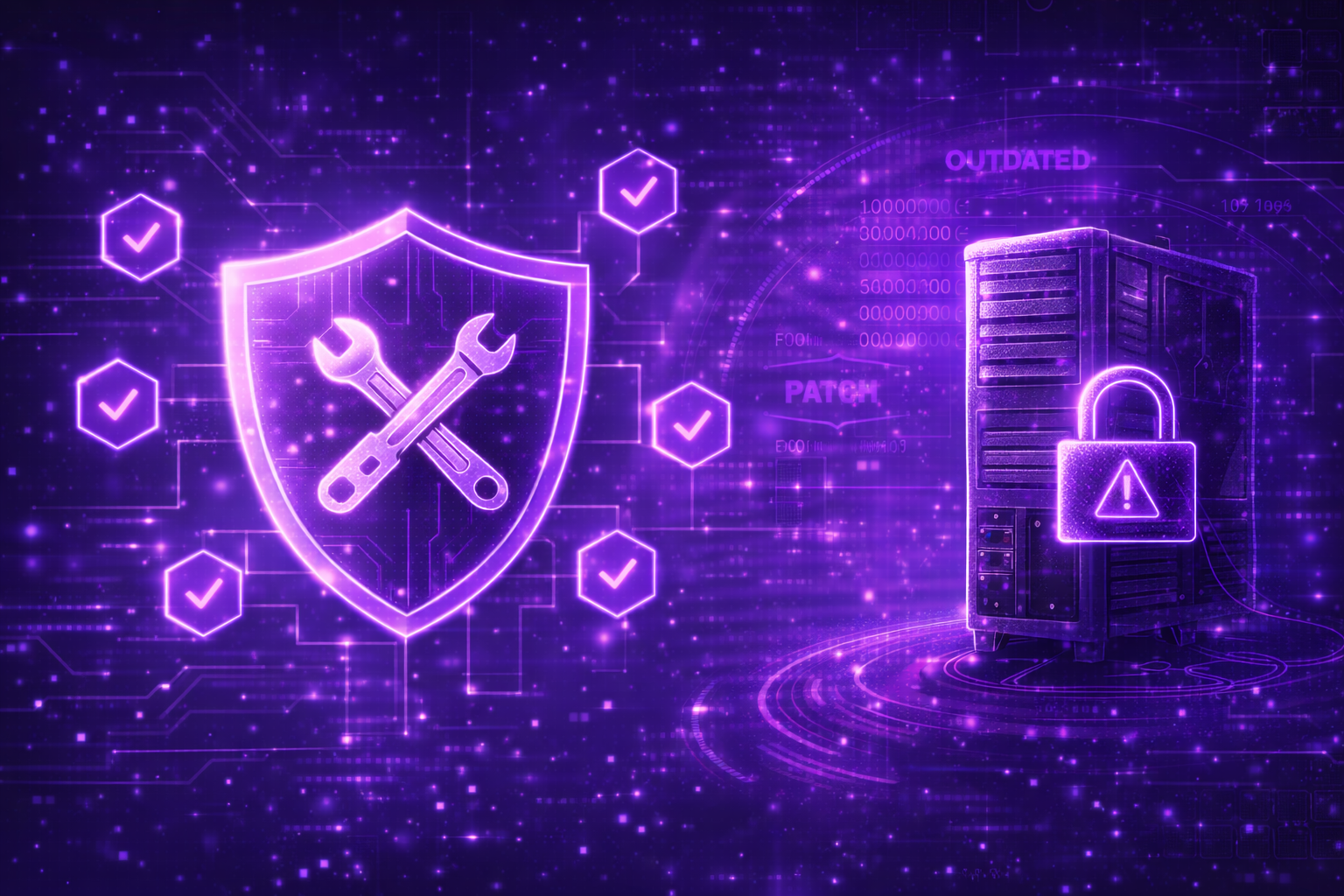Cyber Essentials Guide Summary
Peter Hall
October 17 2023
As the digital landscape is constantly evolving, so are the potential cyber threats, gone are the days when a basic antivirus program could provide adequate protection. Modern cybercriminals employ sophisticated techniques and tools to breach even the most secure networks. From ransomware attacks that can cripple an organisation’s, operations to data breaches that compromise sensitive information, the risks are more significant than ever before.
This rapidly changing threat landscape necessitates a proactive approach to cybersecurity. Organisations must be vigilant and adapt to new threats as they emerge - waiting for a cyber incident to occur before strengthening your defences is no longer an option. For more information on how you can identify and mitigate potential threats to your systems or applications, take a look at our Threat Modelling service.
Throughout the series we have discussed the importance of continuous cybersecurity efforts in order to identify vulnerabilities, implement protective measures, and educate employees about security best practices to protect your data and systems. Here’s a recap of some essential measures you can take to secure you organisation:
Regular Security Audits: Conduct regular security audits to identify vulnerabilities and weaknesses in your infrastructure. This should be an ongoing process, not just a one-time assessment.
Employee Training: Cybersecurity awareness among employees is paramount. Regular training sessions can help employees recognise phishing attempts, maintain strong passwords, and understand the importance of data security.
Patch Management: Stay up to date with software updates and security patches. Many cyber criminals exploit known vulnerabilities that could have been prevented with timely updates.
Incident Response Plan: Develop a comprehensive incident response plan that outlines steps to be taken in the event of a security breach. A well-prepared response can mitigate damage and minimize downtime.
Monitoring and Detection: Implement advanced threat detection systems to identify suspicious activities within your network. Early detection can be the key to preventing a catastrophic data breach.
Achieve Cyber Essentials Certification:
Developed by the UK government, this certification was designed to help organisations protect themselves from the most common cyber threats. It provides a clear framework for securing your digital environment and demonstrates your commitment to ensuring your security to clients, partners, and stakeholders.
Overview of the five fundamentals of Cyber Essentials:
Secure Configuration: Ensuring that systems are configured securely to minimize vulnerabilities.
Boundary Firewalls and Internet Gateways: Implementing measures to protect your network from external threats.
Access Control and Privilege Management: Controlling user access and privileges to reduce the risk of unauthorized access.
Patch Management: Keeping software and systems up to date to address known vulnerabilities.
Malware Protection: Protecting against malware, including viruses and ransomware.
By achieving Cyber Essentials Certification, your organisation demonstrates a proactive commitment to cybersecurity. It not only reduces the risk of cyberattacks but also builds trust with customers and partners who understand the importance of secure digital practices.
In an era where the digital landscape is constantly evolving, securing your digital future is not an option; it's a necessity. The ever-growing cyber threat landscape requires continuous cybersecurity efforts, proactive measures, and a commitment to safeguarding your digital assets.
By emphasising the importance of continuous cybersecurity efforts and encouraging organisations to acquire Cyber Essentials Certification, we pave the way for a more secure digital future. Remember, cybersecurity is not a one-time task but an ongoing process that evolves with technology.
To start your journey towards a more secure future and protect your organisation from the ever-present dangers of the digital world, contact us here at Secarma on 0161 513 0960 or email us at enquiries@secarma.com.







